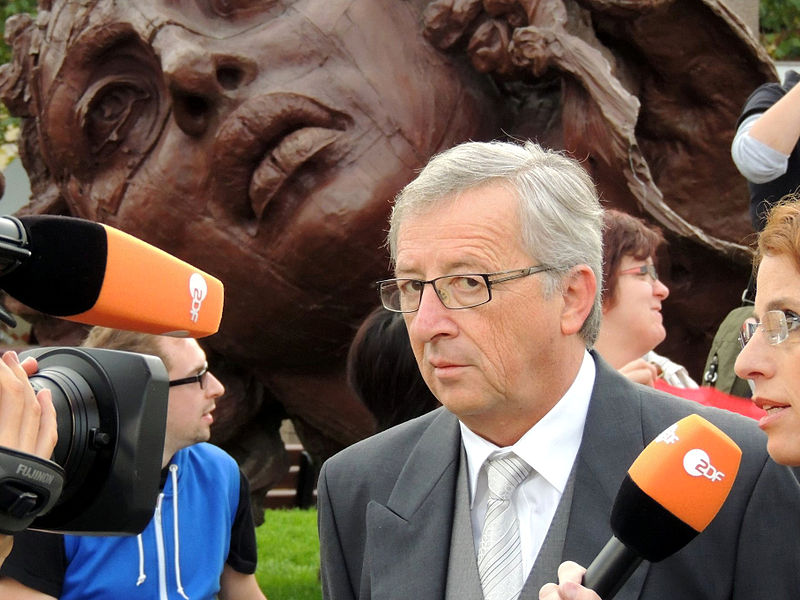Following accusations that Europe’s new executive commission is “mostly being men from right-wing parties”, the new President of Europe has warned member nations to reconsider their commissioner nominations. Female commissioners would take top priority for the more prestigious jobs such as vice presidencies and foreign secretary.
According to the Daily Telegraph the new president of Europe, former Luxembourg president Jean-Claude Juncker is deeply dissatisfied that despite his ‘repeated requests’ by far the majority of commissioners submitted by European member states are men. He has called on nations, including the UK to ‘reconsider’ their commissioners and send women instead, as Juncker believes an unequal commission would be “neither legitimate nor credible”.
Stuffing the European executive with members based on gender rather than ability for the sake of appearance has ruffled some feathers. British Conservative MEP Daniel Hannan tweeted his disappointment at Juncker:
‘A Commission without a significant number of women is neither legitimate nor credible,’ says @JunckerEU. Neither is one with lots of women.
— Daniel Hannan (@DanHannanMEP) August 26, 2014
UK Prime Minister David Cameron chose Lord Hill to replace outgoing EU Commissioner Baroness Ashton, who had held the foreign ministry brief. Lord Hill is so unknown in Europe it was widely reported at the time that Juncker had to ‘Google’ him when the announcement was made.
If David Cameron sticks with Lord Hill, the UK will almost certainly lose out on a significant Commission post. But if Cameron bows to pressure from the European president that he opposed the selection of, it would be a blow to the Eurosceptic credentials he is trying to cultivate.
Losing a significant commission portfolio would be another blow to Britain’s dwindling influence in the heart of Europe, which challenges the pro-Europe argument that the UK needs to be in it to control it. According to the think-tank Business for Britain, since 1973 the UK’s voting power in the Council of Ministers, the EU’s legislative branch has decreased from 17 percent to 8 percent. In the European Parliament it has decreased from 20 percent to 9.5 percent and in the European Commission it has decreased from 15 percent to 4 percent.

COMMENTS
Please let us know if you're having issues with commenting.